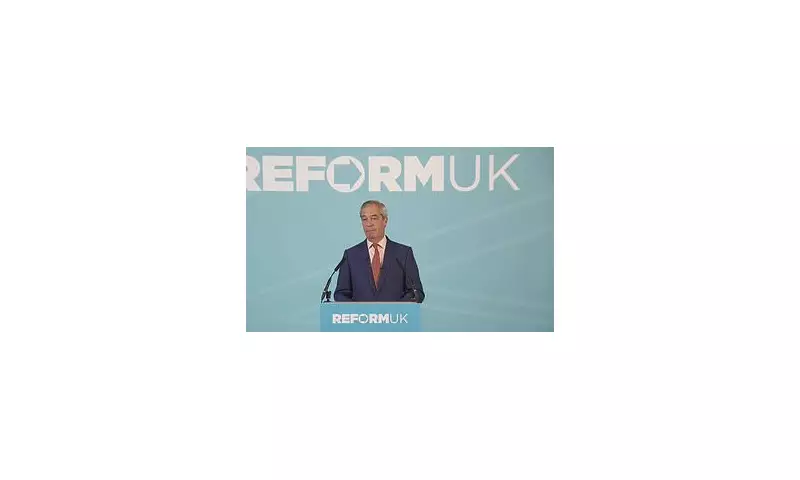
Nigel Farage and his Reform UK party have launched a political bombshell, calling for the most significant crackdown on post-Brexit immigration rules to date. The controversial proposal would force millions of migrants with pre-settled status to reapply for their right to remain in the United Kingdom.
The plan represents a dramatic hardening of the UK's stance on immigration, a central pillar of the Brexit campaign that Mr. Farage helped lead. It directly challenges the current government's approach and sets a bold marker for the political debate on one of the nation's most contentious issues.
The End of Automatic Status?
At the heart of the Reform UK policy is the complete dismantling of the current system. The party argues that the settled status scheme is fundamentally flawed and requires a root-and-branch reform. Under their new plan, there would be no automatic conversion from pre-settled to settled status.
Instead, individuals would be required to submit a fresh application, meeting a new, stricter set of criteria designed by the government. This process would effectively reassess the right of every migrant with pre-settled status to continue living in the UK.
A Benefits Ban for Those Who Fail
The most hardline aspect of the proposal concerns the consequences of failure. Migrants who do not successfully navigate the new application process would not only lose their right to remain but would also be immediately cut off from accessing any UK state benefits.
This move is positioned as a measure to protect the British taxpayer and ensure that the welfare system is reserved for those with a firm and approved right to be in the country. Critics, however, are likely to label it as punitive and unnecessarily harsh.
Igniting the Immigration Debate Anew
This announcement is strategically timed to thrust immigration back to the top of the political agenda. By proposing such a definitive policy, Reform UK and Nigel Farage are seeking to galvanise their base and attract voters who feel that the promises of Brexit, particularly regarding border control, have not been fully realised.
The proposal is certain to spark fierce debate across the political spectrum, challenging the Conservative government's record and putting pressure on Labour to clarify its own stance on one of the defining issues of modern British politics.





